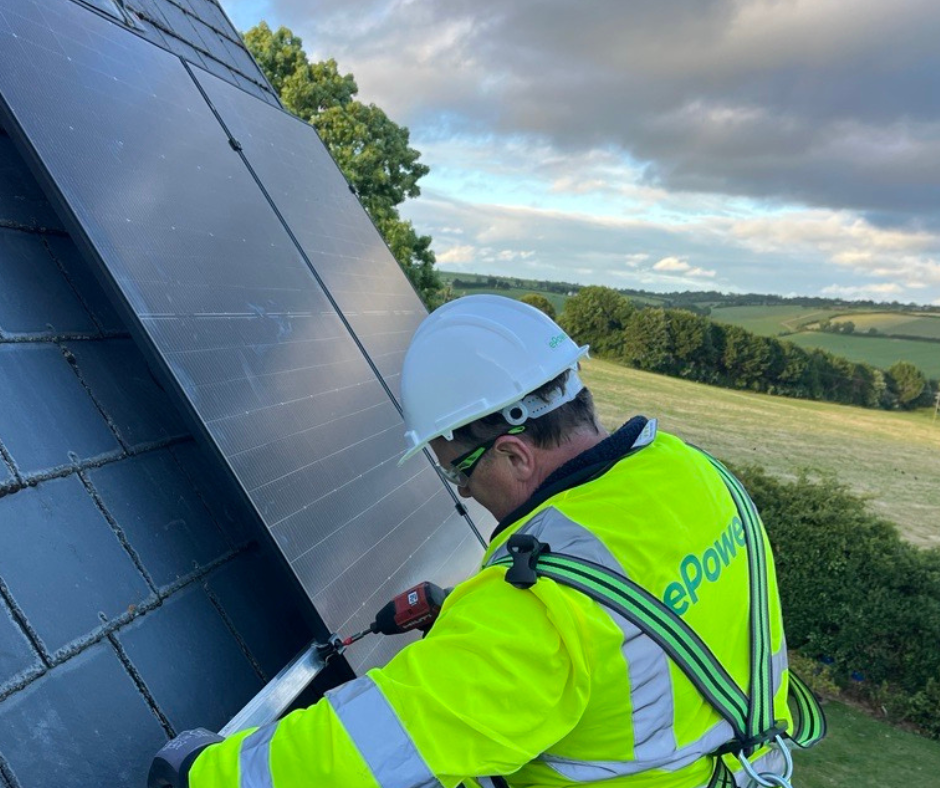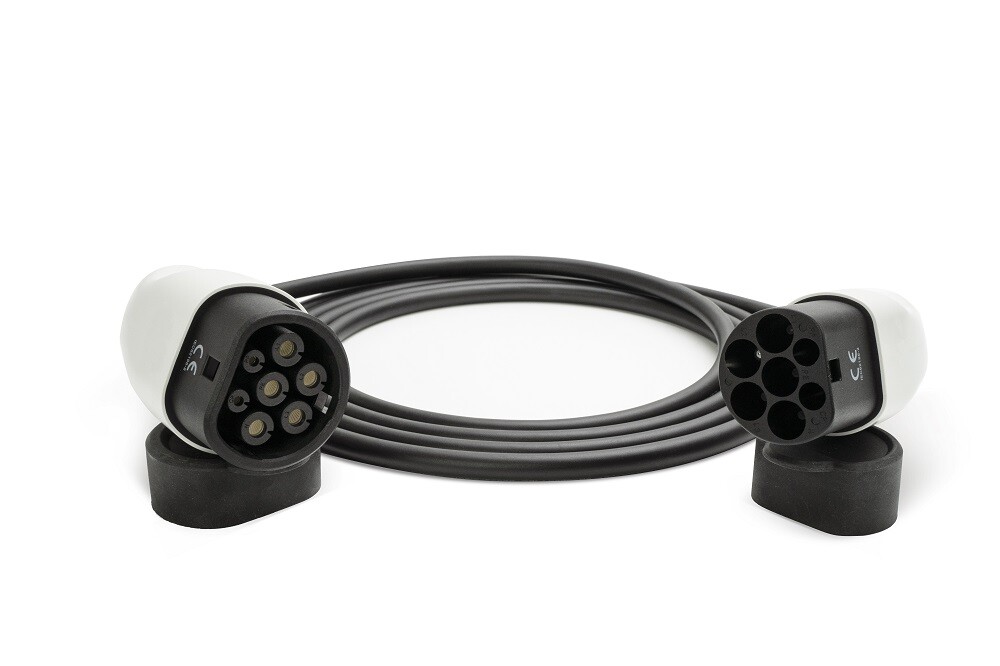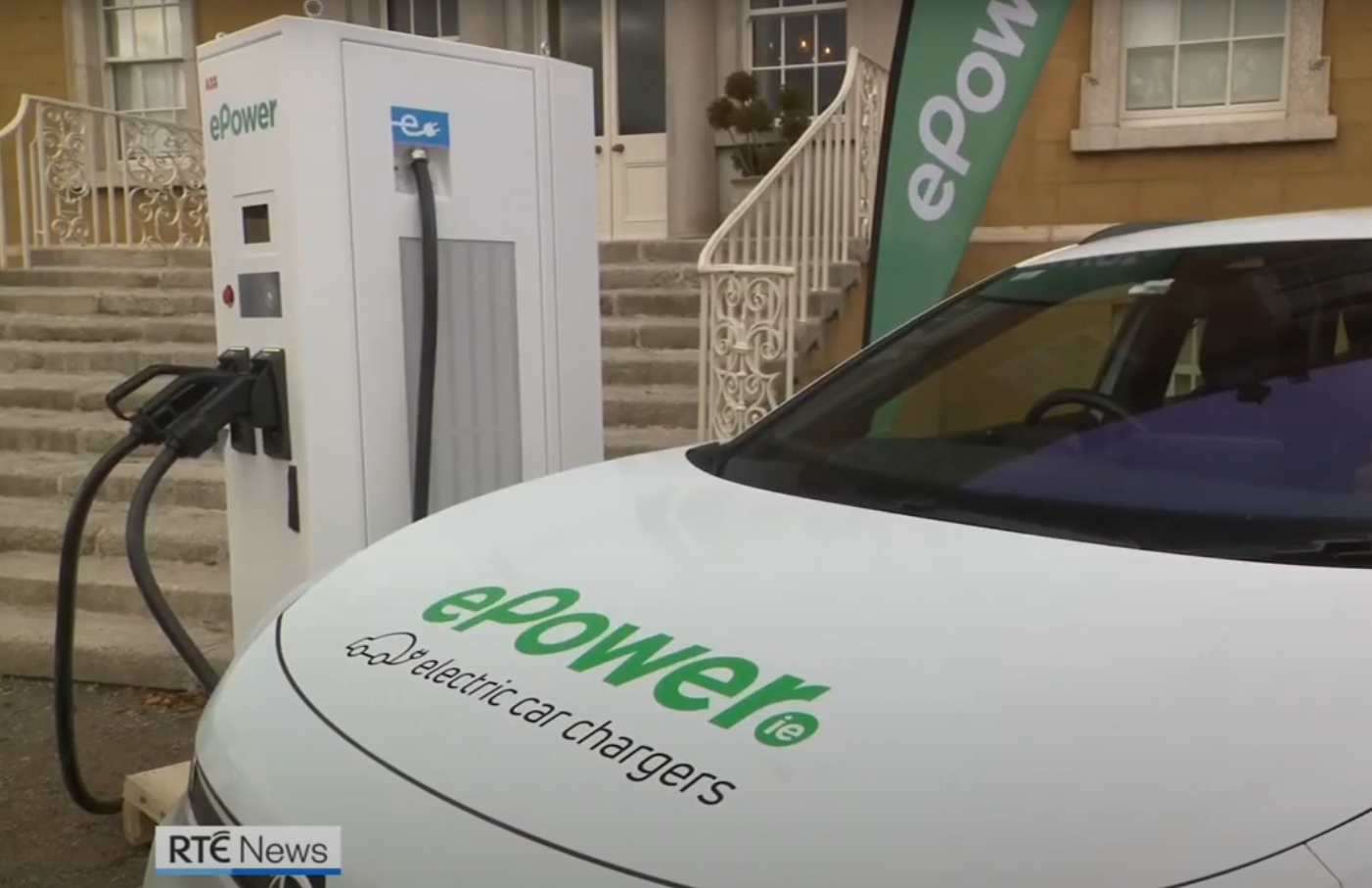In a climate where energy prices remain volatile, carbon reduction targets are tightening, and sustainability credentials are scrutinised, solar power is no longer a novelty—it’s a business asset.
From manufacturers and agri-businesses to retail outlets and office parks, Irish enterprises are increasingly turning to solar energy as a means of stabilising operational costs, improving their environmental performance, and unlocking government-backed financial support. For many, the tipping point has come not from the desire to go green for green’s sake, but because the numbers finally add up.
Solar as a Strategic Business Move
For commercial property owners and business operators, energy overheads are among the few variables that can be mitigated long-term. A well-sized solar photovoltaic (PV) installation can generate a significant portion of a building’s daytime energy needs—especially during peak operating hours.
The financial advantages are straightforward. Solar reduces dependence on grid electricity, lowering monthly bills, while offering businesses a buffer against future price hikes and carbon-related levies. With many installations paying for themselves within 5–8 years, the return on investment is now as compelling as the environmental impact.
Solar also supports broader business goals. Companies bidding for public contracts, applying for green financing, or seeking to align with ESG standards are increasingly expected to demonstrate tangible sustainability measures. A rooftop solar system is both visible and verifiable—a signal to clients, investors, and regulators that a company is thinking long-term.
SEAI Grant Support – What’s Available
The Sustainable Energy Authority of Ireland (SEAI) continues to back commercial solar with a growing suite of supports. The Non-Domestic Microgen Grant, launched in 2023, remains one of the most accessible for SMEs, farms, community groups, and public sector organisations.
- The grant offers up to €2,400 for installations up to 6kWp.
- Systems above this size may still qualify for support under other SEAI schemes or capital allowances.
- To qualify, applicants must be a registered business or organisation, have a suitable site, and use a registered installer.
In parallel, the Accelerated Capital Allowance (ACA) enables businesses to write off the cost of solar panels against taxable profits in year one. This can significantly enhance the financial case for investment, particularly for profitable companies looking for tax-efficient energy upgrades.
While domestic solar grants have seen reductions in recent months, commercial schemes remain strong—and are expected to remain a key policy lever in Ireland’s decarbonisation strategy.
The Practicalities – What Businesses Need to Know
For most businesses, suitability comes down to two factors: roof space and energy usage. Solar makes the most sense for operations that consume energy during daylight hours—retail, hospitality, light manufacturing, and even agriculture.
Modern commercial solar systems are scalable, low-maintenance, and can be designed to match existing consumption patterns. Excess electricity can be used to power on-site EV chargers or diverted to battery storage for evening use.
Working with a registered installer is essential—not only for SEAI grant compliance but to ensure the system is correctly sized, properly connected, and future-ready.
Solar and EV Charging – A Natural Partnership
Many forward-looking businesses are also coupling solar installations with the rollout of electric vehicle (EV) charging infrastructure—particularly those operating company fleets or providing employee parking.
Using solar-generated electricity to charge vehicles reduces fuel costs, enhances fleet sustainability, and can deliver a powerful PR message. With growing pressure on urban emissions and low-emissions zones on the horizon, EV-readiness is quickly moving from nice-to-have to essential.
For companies that install both, the benefit is a self-reinforcing loop: solar reduces grid reliance, EVs reduce fuel spend, and the two together help businesses meet evolving climate regulations.
Time for Businesses to Act on Solar is Now!
As with any state-supported scheme, the opportunity window may not remain open indefinitely. Grant structures evolve. Supply chains shift. And with demand for solar installations increasing, waiting could mean higher prices or longer lead times.
For Irish businesses, the best time to go solar may well be now—while the financial support is in place, the environmental imperative is strong, and the technology has never been more accessible.




